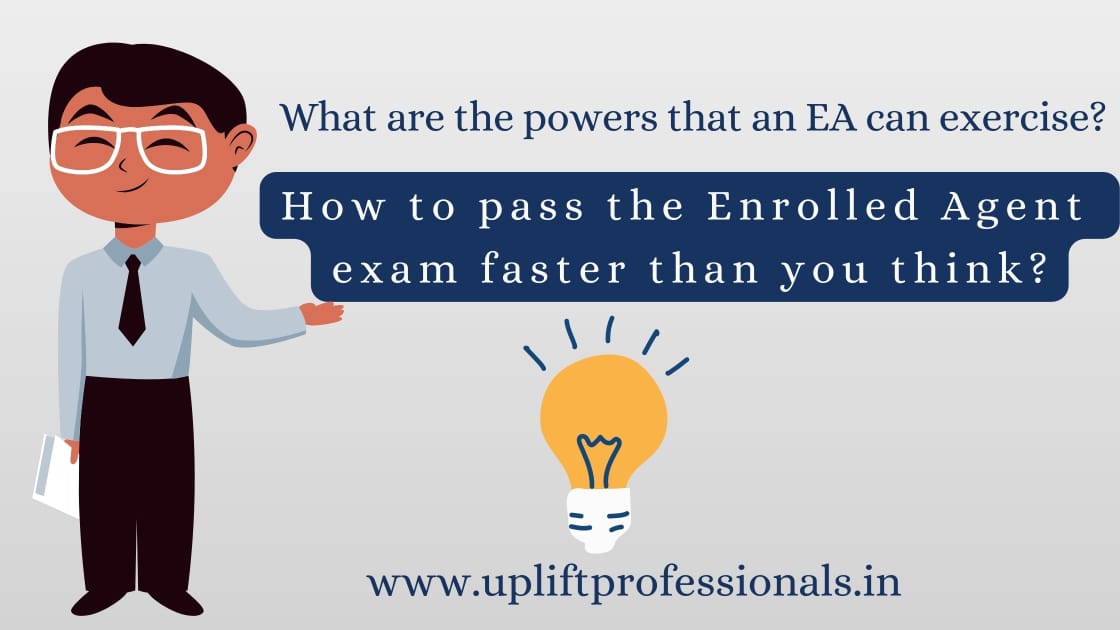From Bench to Board Room: Uplift Pro’s à la carte Menu for Finance Pros
Have you just passed your final school board exam or a college student with a commerce or non-commerce background and want to build your career in the accounting and finance domain? Wanna get a decent job in MNCs? If yes, this is for you. You might acknowledge that in today’s competitive world having a mere […]



